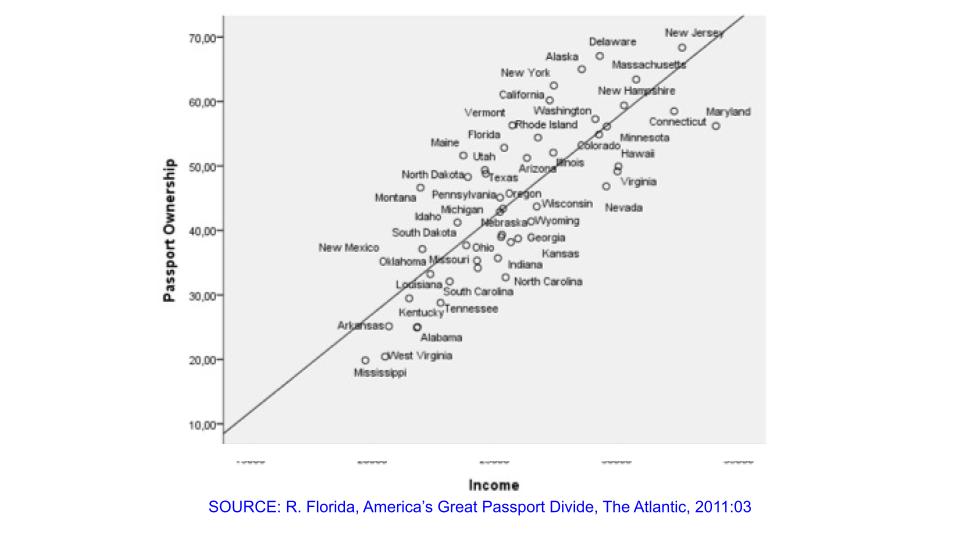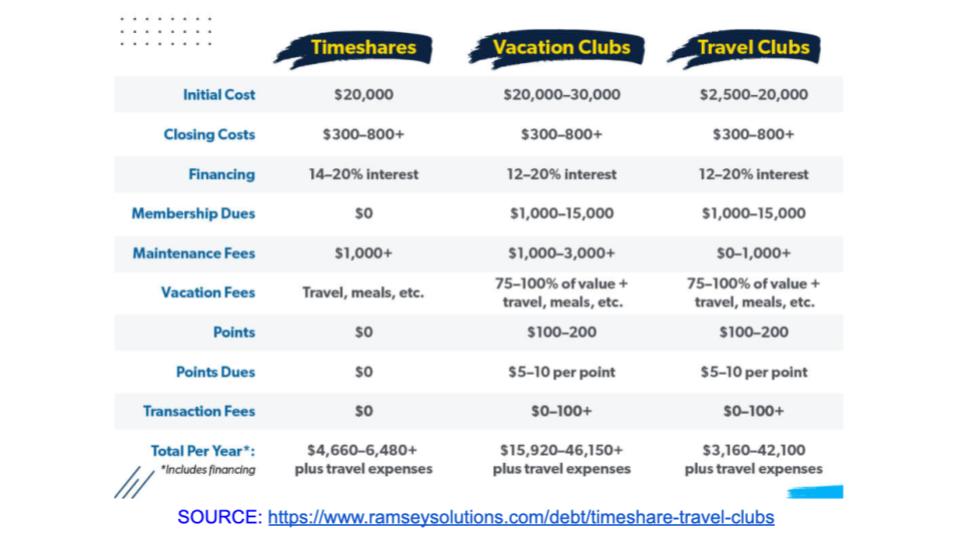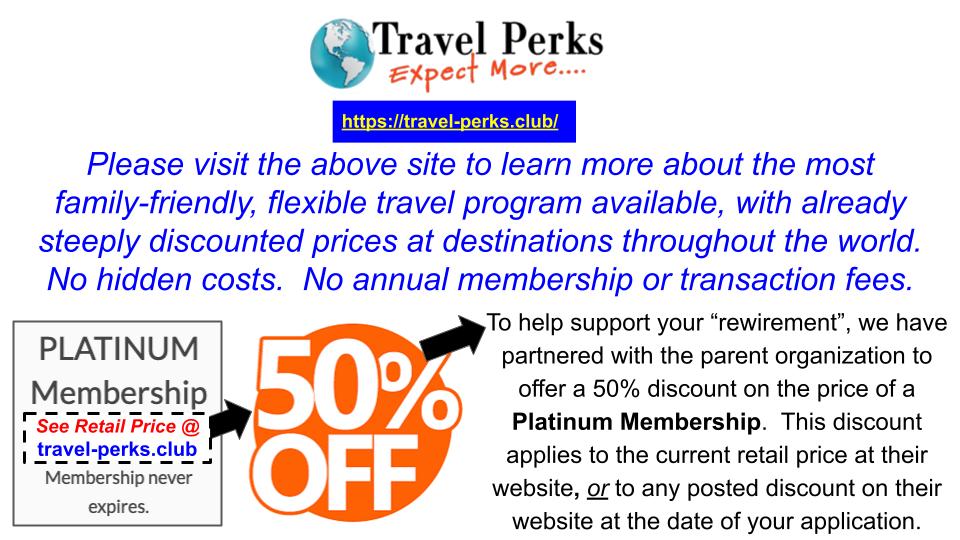The Many Benefits of Vacations
One of the great undervalued benefits of retirement is the time it provides for travel. There is a substantial body of empirical research supporting multiple potential benefits from travel vacations, including:
- Create Lifetime Memories
- Disconnect You from Daily Life
- Expand Your Social Network
- Help You Connect with Others
- Help Cultivate Empathy
- Improve Your Health
- Improve Understanding of Others
- Make You Happier
- Reduce Stress
- Make You More Resilient
- Make You More Interesting
- Make You Smarter
- Provide You a Sense of Adventure
So, why doesn’t everyone vacation, far and wide,and often?
There of course are many reasons, but two seem most pervasive.
The Obstacles to Taking Vacations
Time
Working adults often have precious few paid days off work, and fewer still in clusters that would facilitate travel far from home. The most recent survey data (below) shows that workers in the USA have only ten days of public paid holidays per year (PublicPdHolidays) and zero days of mandatory other paid leave days from work (ReqMinPdLv). With their neighbors in Canada and Mexico, workers in North America are assured fewer than 20 paid days annually away from work. No other country in the OECD survey is below 20 days, and many European countries exceed 30. Some even have collectively agreed extra paid leave days (CollAgrdPdXtra).

However, by definition, retirees are freed of this constraint!
Cost
Vacations cost money. The three primary costs usually are related to transportation, housing and meals, and these costs vary widely depending on modes of transportation, locale and quality of housing, and whether meals are self-prepared or served at a restaurant.
Families with more income are more likely to sample the many benefits of vacations. As a simple demonstration, the graph below uses somewhat dated information but still nonetheless makes the point: wealthier families are more likely to own passports, which in most countries are optional but at a cost. In the USA, less than 20% of adults in the poorest state held passports, compared to a majority of residents in many wealthier states.

There is no easy fix for this constraint. However, there are strategies that can help. If you fly frequently, collect points that can be applied to save costs on vacation flights. If you enjoy cooking, take advantage of unique opportunities vacationing may provide to sample local ingredients and replicate local dishes. If you really want to incorporate travel into your lifestyle, carefully compare the benefits and costs of purchasing a timeshare or joining a vacation or travel club. The latter involve group travel, which may not appeal to you, and both timeshares and vacation clubs usually have substantial initial costs, periodic maintenance and continuance fees, and a separate transaction fee if traveling to a facility that is not your own timeshare. The internet is crawling with complaints by folks who attended a “free” luncheon, bought into a sales pitch, and ended up owning a timeshare or club membership that underperformed their expectations, has been greatly underutilized since purchase, and may be hard to sell.

Our Solution
We have studied various alternatives extensively, and have uncovered a promising option that recently entered the vacation marketplace. We encourage you to visit the website below, consider the possibilities, and stay tuned for instructions on how to take advantage of our offer by submitting an application and payment.
